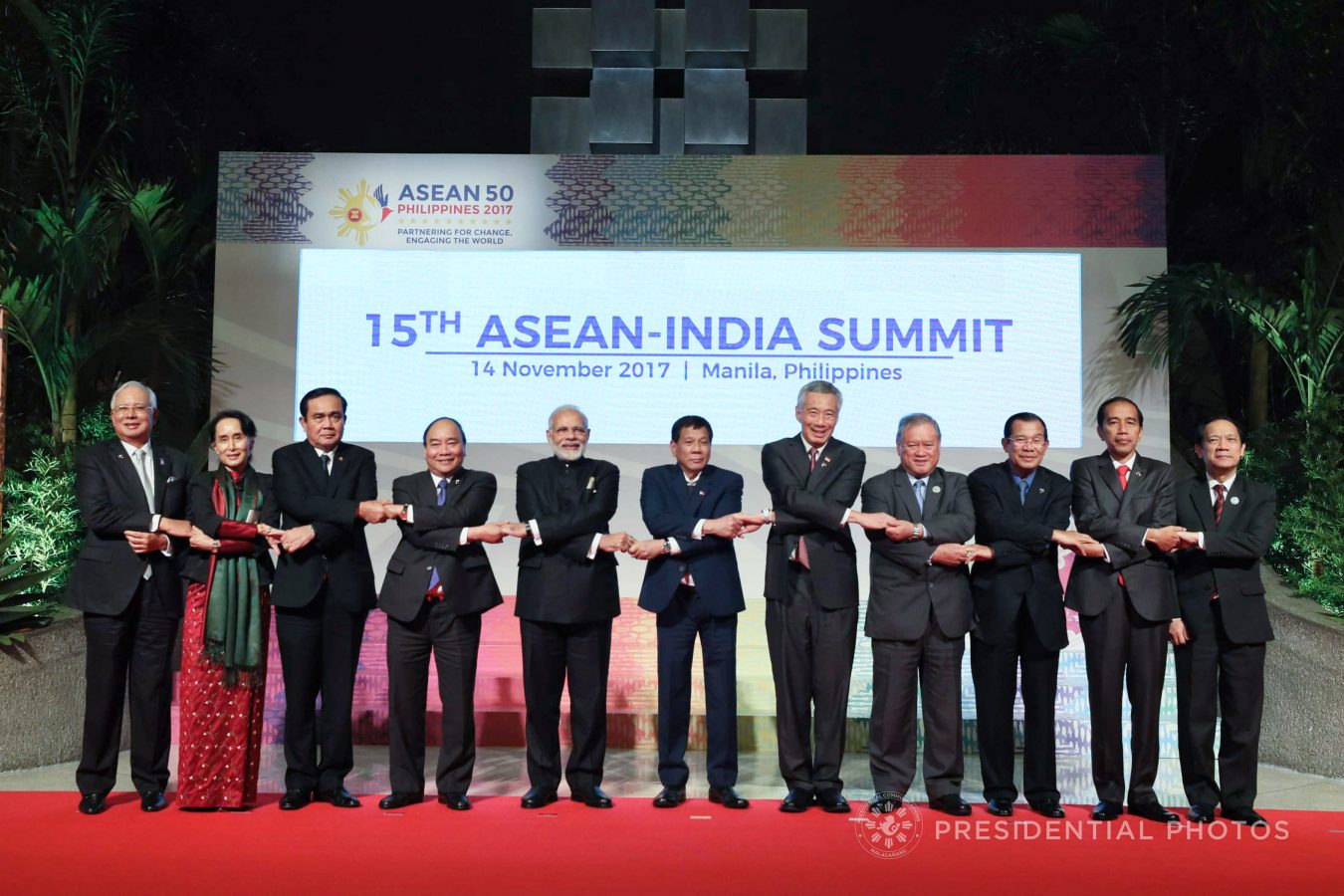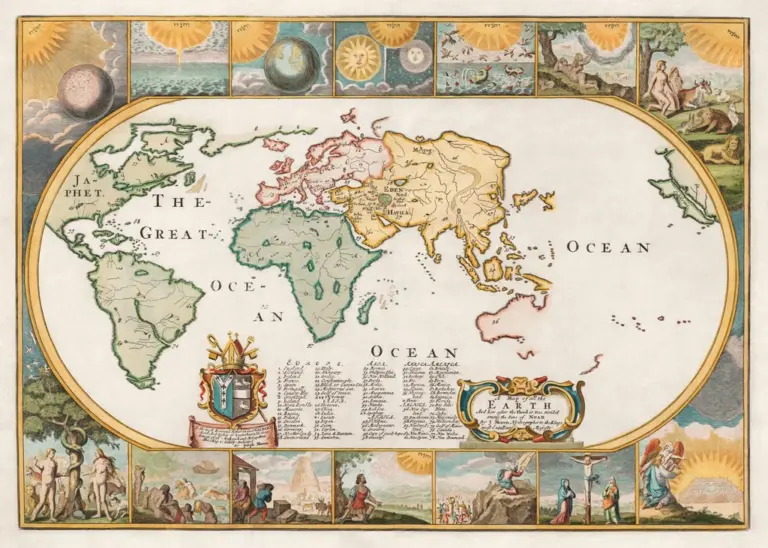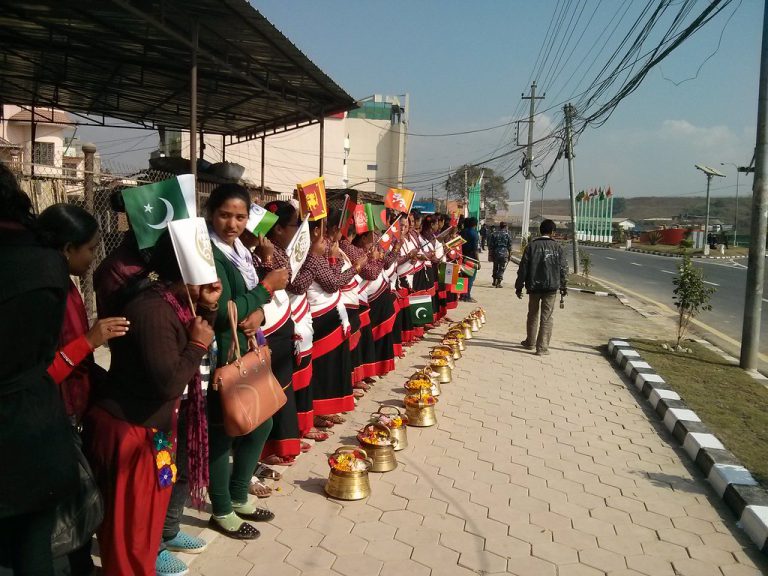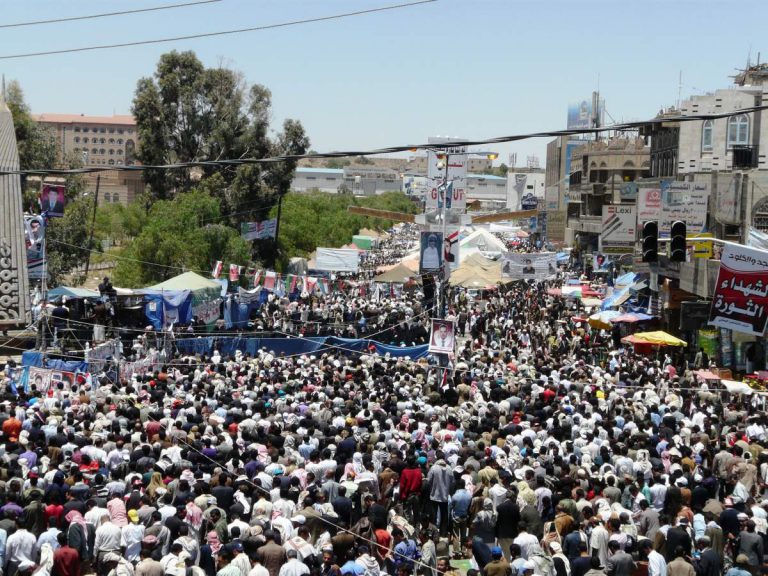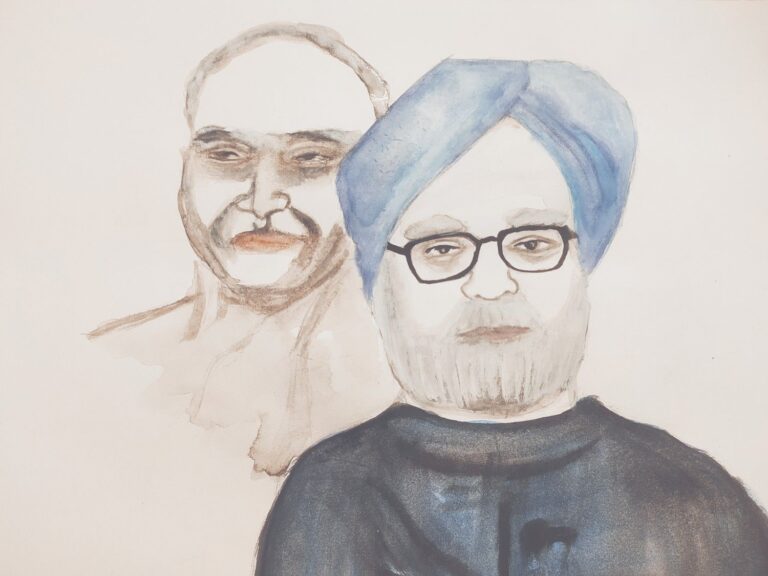Comparative politics in the age of Globalization
This is the age of globalization, where the societies are intimately bound. It is indeed an undeniable fact. We need to understand how comparative politics and globalization intersect each other. This process can be started by defining the respective ideas and finding out their points of convergence and divergence.
Comparative Politics is the study and evaluation of domestic politics across countries. It is the study of domestic politics, political institutions, and conflicts of countries. It can have comparative analysis among different countries and within single countries encompassing temporal and spatial boundaries highlighting main patterns of similarities and differences. Comparative politics is a crucial arena in political science and is marked by empirical studies by comparison.
The terms comparative politics and comparative government are used interchangeably, but they are different. Comparative politics is much non-comprehensive and broader in scope, non-territorial, and even constitutes several informal institutions and bodies. The idea of globalization is in vogue, and it reflects various autonomous processes intensifying and linking states, civil societies, ecologies, culture, politics, and economies. The process is considered as inevitable and very advantageous.
Haynes points out very wonderfully that five transformations can mark globalization. First, the emergence of a large number of new countries. Secondly, all-embracing political changes, especially democratization, as an evolving phenomenon. Thirdly, the Global entrenchment of capitalism –Ulrich Beck pointed out globalization is an ideology. It promotes politics like the market knows the best policy, which leads to the ‘marketization of politics.’ This also means the empowerment of commercial actors in general and large, wealthy, and transnational corporations in particular. For example, even transnational corporations like Wal-Mart are twice richer than Ireland and three times richer than New-Zealand, fourthly, enhanced and more extensive regional economic integration and, fifthly, the development of transnational civil society.
Intersectionality of globalization and comparative politics
There are many ideas of the intersectionality of Comparative Politics and Globalization. At first, we have the ideas of Benjamin Barber. He gave the idea of “McWorld” where every person, society, and culture will be the same with the emergence of a single borderless world with a global orientation due to globalization. Some people advocate there will be very little left to compare in such a world. But scholars showcase comparative politics is perennially going to remain relevant and dynamic as new similarities and inter-linkages are made in this world, and it will also give rise to new, unanticipated differences.
Secondly, the idea that domestic political structures, institutions, and processes are not just influenced by domestic factors and that external factors also have a role to play, is also being recognized. There are some common traps that some parts of the existing literature fall into. The well-known book Hague and Harrop’s Comparative Government and Politics: An Introduction (2001) has just introduced a 16-page chapter on the state in a global context without neither integrating the chapter nicely into the book nor dissecting the dimensions of globalization. Sodaro’s “Comparative Politics: A Global Introduction” also suffers from similar drawbacks as it only remembers to analyze economic globalization without taking into account other facets of the multi-headed hydra of globalization like technological, cultural, and political globalization. We have used examples from these books to illustrate the failings of traditional Comparative Politics scholars. They pay inadequate attention to external factors affecting domestic outcomes, and they lack concern with governance (ignoring societal-political actors).
Thirdly, Every country and every issue and institution is different. Hence, no “one size fits all” approach can be adopted as international actors can play a central role in Sierra Leone, Somalia, or Angola and play a marginal on a particular issue in China. So scholars will have to adopt a case-by-case approach where different issues at different places will be a different mix of regional and transnational factors.
Research Traditions
There are three research traditions that can help us determine the interrelationship of local conditions through a prism of globalization. These three traditions are the Rational Actor Model, Globalization through a cultural prism, and globalization through structural approaches. Globalization does impact the rational choice of actors and how they behave in particular circumstances. There are numerous examples like the 1999 WTO Ministerial conference in Seattle that was rocked by widespread protests, which were supported by a variety of organizations across the globe.
The SAPs, which have been explained later, created a plethora of problems for Sierra Leone, Angola, and Somalia as IMF-induced policies destroyed the coercive power of the state and the corrupt ladders of upward social mobility, which automatically led to anarchic violence. The relationship between culture and globalization, which is the 2nd research tradition, has been dealt with in detail later.
The third Research tradition is Structural factors affecting globalization. Globalization may be considered as a process in continuation of this approach as it just continues the historical process of capitalism. Lenin conceptualized Imperialism as the highest stage of capitalism, but essentially, the history-making project is in continuation, and the avaricious form of capitalism hardly changes through the ages. Intergovernmental organizations (IGOs) portray economic globalization as an inescapable, elemental process driven by the invisible hand of the markets. This argument tries to hide transnational organizations like WTO (World Trade Organization), WB, and IMF and dismisses the centrality of the agency. The 2nd argument highlighted by the anti-globalists is in criticizing the visible instruments of oppressive hegemonic policies, which are IMF, WB, and WTO.
Comparative Politics scholars call both ideas misguided as capitalism is not driven without an agency, and the agency is not the usual accused like WTO, IMF, and WB, but the globalized capitalist monopoly and the developed countries. The source of power is an important piece of information for these scholars to create a viable alternative for the same. The idea of ‘state is in decline’ has been challenged as states are in decline only for so-called Wallenstein’s periphery states who can’t protect their sovereignty. But Global capitalism, as the comparativist historical-structuralists scholars feel, is not an omnipotent force as it contains its seeds of destruction. For Example, the centralizing tendency of globalization has led to an increase in rivalry, conflict, and fundamentalism among the countries in Africa, Middle East, Eastern Europe, South South-east Asia, and Latin America.
The dimensions of globalization
We will be briefly looking at four dimensions of globalization, which are technological, political, economic, and cultural globalization, and examine how they influence comparative politics. We begin by looking at technological globalization, which is a wonderful example of how democratization can be promoted by the communication revolution through modern technology. There are numerous examples as colonization was promoted due to Steamships being discovered, which lowered the time required to travel across Oceans. Similarly, the USA used to promote the American value system by using radio programs like the Voice of America (VOA) in the Middle-east in the 1960s. Similarly, countries like China and North Korea, which restricts communication mediums in their country, were only able to bypass the 3rd democratization wave as communication mediums made it very easy to transmit ideas, programs, and policies across the globe.
Secondly, we have political globalization, which shows there was a democratization and decolonization drive as the USSR collapsed. But this wave of democratization was not spontaneous as many external factors were also involved in addition to opposition parties and domestic civil society groups. This wave of democratization was propelled in many countries by self-proclaimed ambassadors of democracies like the Western states, Intergovernmental Organizations, and Nongovernmental Organizations (NGOs). There are pieces of evidence of the European Union, Foreign governments and transnational funds financing democratic transitions in Central and Eastern Europe, Africa, and even Latin America. Comparative politics analysis needs to document such external agents.
Similarly, we have seen elections being fought in countries like Indonesia, Brazil, Turkey, and Pakistan against globalization. The pain induced on societies due to Structural Adjustment Policies(SAPs) of the International Monetary Fund(IMF) is hated in developing countries as social security benefits are cut, and taxes are raised for enforcing fiscal discipline. These examples prove that globalization deeply influences domestic outcomes and even elections. Hence, neo-comparative scholars need to take them into account for a holistic comparison between states and their societies.
Thirdly, we have economic globalization, which is normally identified with the spatial restructuring of production systems, integration, and spreading out of industries and globalization of financial markets. The SAPs are introduced by IMF and World Bank (WB) as measures of economic development to LDCs to bring them back on track. These SAPs gave both organizations tremendous influence in the countries asking for an economic bailout. The IMFs have a one size fits all approach which has led to SAPs creating more harm than good. These policies are considered to be seriously flawed as it often leads to poverty enhancement, negligible economic progress in a select few courtiers and even in successful cases reduction in per capita income & bank failure all of which leading to anarchic violence. SAPs showcase decreasing centralizing power of the state, and hence Comparative politics scholars need to take them into account while examining postcolonial societies.
Fourthly, Cultural Globalization is an interesting aspect as culture and globalization form an interesting mix. Globalization challenges groups to identify themselves. The traditional view of culture is that cultures are like self-contained ships where any ship with a competent crew member and enough people are likely to survive the onslaught of cultures created by globalization. The idea is that such a free flow of cultures is both a positive and a negative process. The positive aspect is that meritorious cultures will survive being submerged, which, as per western scholars, is undeniably western culture. The negative aspect in this clash of cultures can often lead to being augmented into what Huntington apprehended in his “Clash of the Civilizations Thesis” (1993) new comparative scholars as a culture have challenged this traditional view is very heterogeneous and even among broad social categories like Islam, there are multiple subdivisions and differences which are equally important if not more important than other cultures.
The idea of globalization is more complex, mutually constitutive, and interactive than it is perceived to be. Timothy Lim has beautifully thrown light on how the collision of globalization and cultures is like two streams colliding together as this collision, quite contrary to the popular myth, can create thousands of globalized local cultures instead of one single unilateral culture. An important aspect that needs to be highlighted here is the unique complex relationship between culture and politics, where cultures determine beliefs, values, and interests. These values may end up determining politics for society. But identity is no single concrete system as any person can have multiple identities at any particular point in time. Moreover, globalization is one of the causes of identity formation, but it is not the only cause. Globalization is also influenced by local cultures, which adds up to it. This shows globalization is just not identified by Americanization but even by Feng shui, Karaoke, Pokémon, anime, Tai chi chuan, shiatsu, Hello Kity, yoga, and others. So we can understand culture and globalization have a deep, multifaceted connection, and any research into them should be done after incorporating comparative politics research methods and principles.
Future of comparative politics
Globalization cannot be called a negative process essentially as the structuralists portray, as a result of which International labor unity and more strongly reconstituted International labor movements were started in Latin America, South Africa, Venezuela, Columbia, and South Korea. Globalization is a complex process, and there is no fixed approach even among scholars to decipher and examine it. A scholar will patiently go through the various nuances and try to link them by various lenses like social, political, economic, etc. and connect these multiple dimensions of the issue for presenting credible arguments.
Secondly, we are living in extraordinary times when the entire world is in the lockdown phase to combat the COVID-19 pandemic. The speed with which SARS CoV-2 spread among the world gave all of us a bright example of how connected we are. This communication revolution is irreversible due to the prevalent integrated nature of the finance and economic models, which runs the global economy. All countries have been impacted by globalization and modernity and globalization have become so interlinked that it is difficult to ignore it. But the idea of globalization differs among the governments of DCs and LDCs as DCs are on the table, and LDCs, most of the time, end up being on their menu. I will suggest that it is impossible to circumvent the process of globalization and its effects. Hence, the anti-globalists should try to create their institutions like the People’s Republic of China is doing.
Comparative Politics can come in aid to such an exercise by providing good analytical tools to pursue, dissect, and introspect on the process of globalization. Comparative politics will never grow out of fashion as globalization is not as homogenizing as it claims to be, and new varieties of globalized local cultures will come up with new problems.


